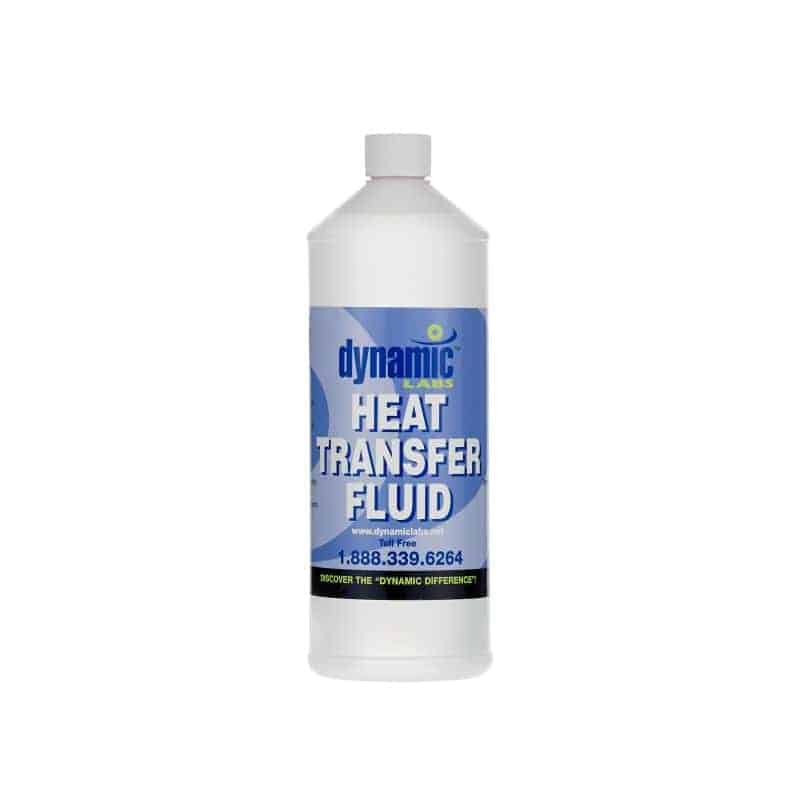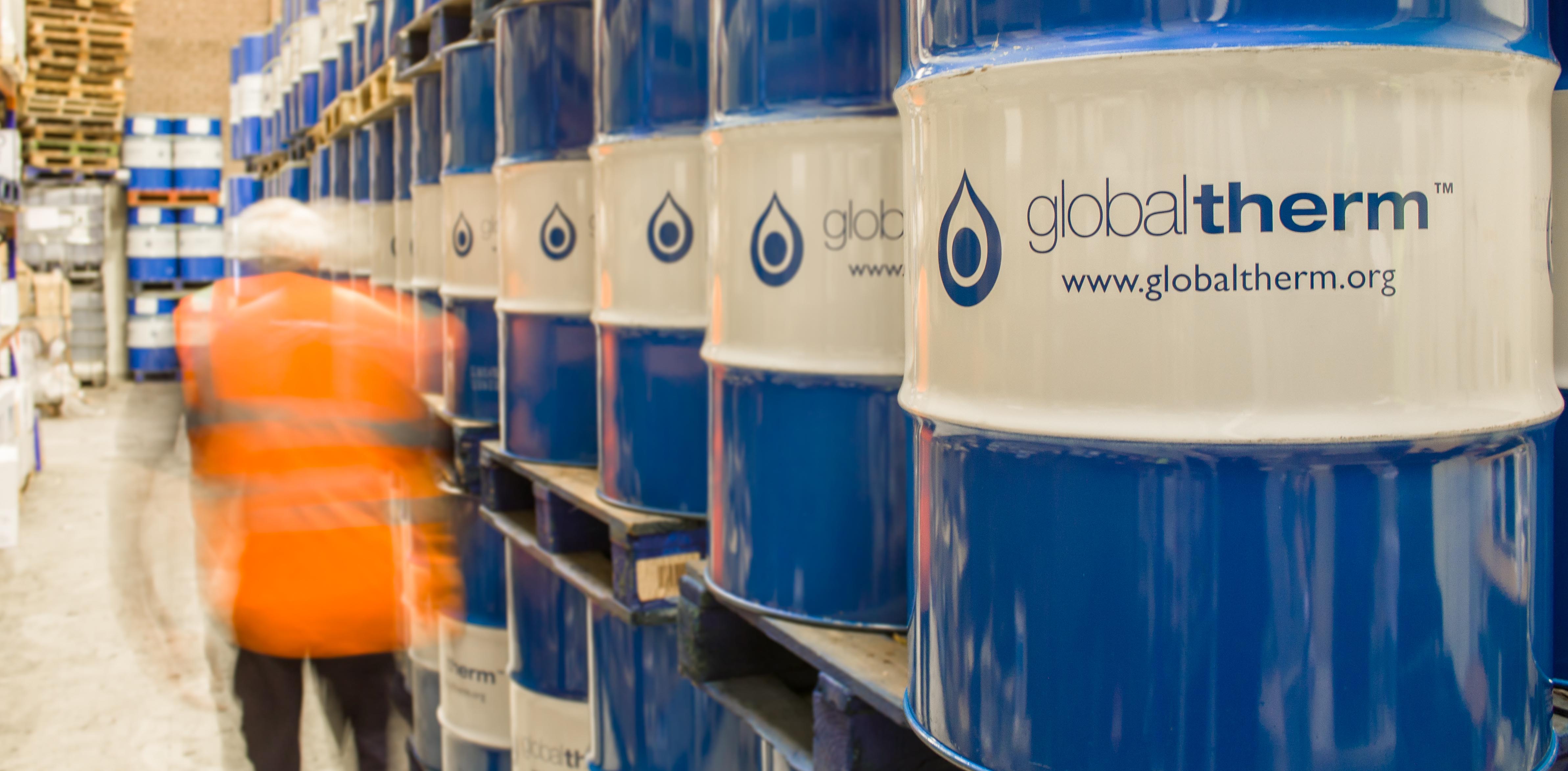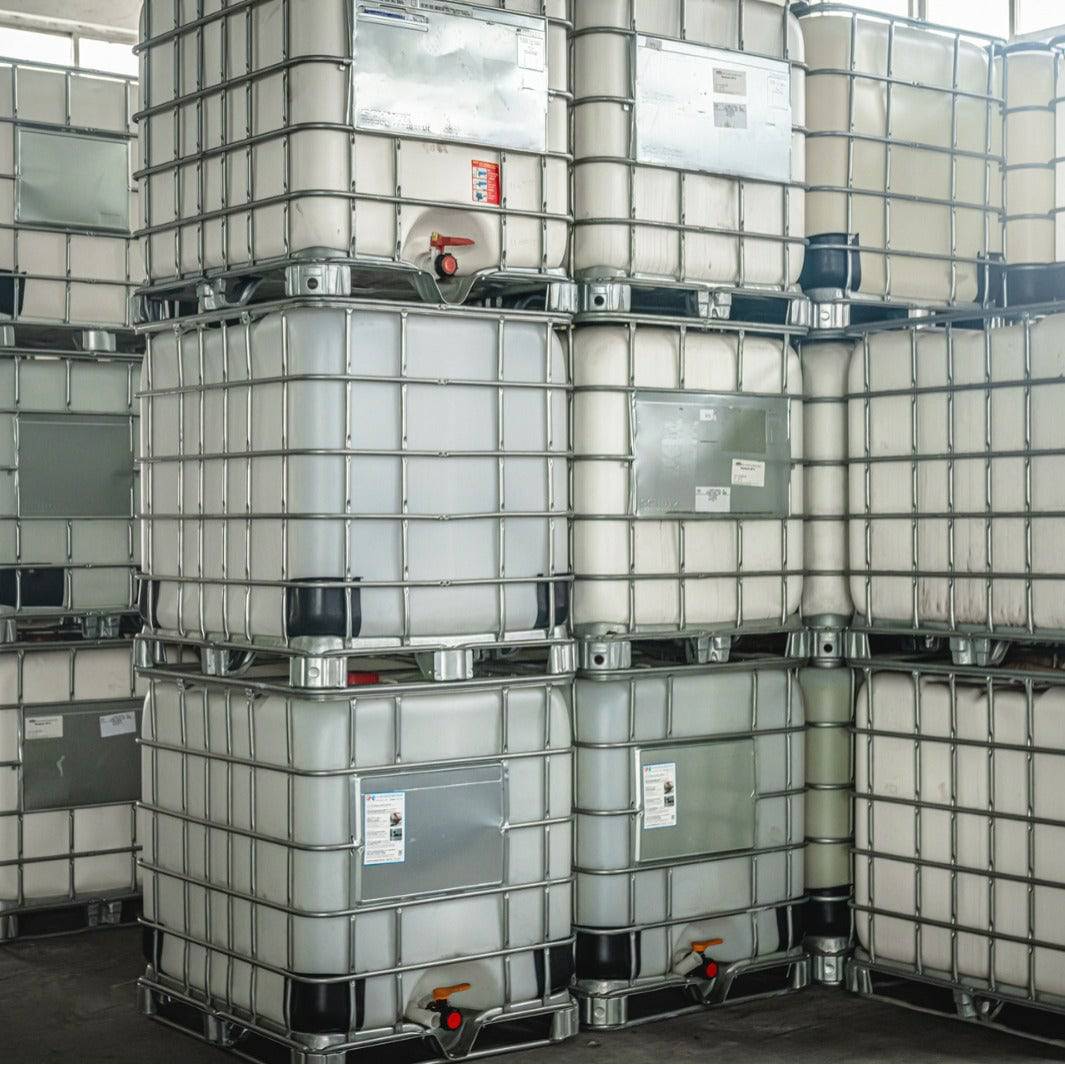Top Perks of Using Silicone Oil as a Heat Transfer Fluid in Sophisticated Machinery
Top Perks of Using Silicone Oil as a Heat Transfer Fluid in Sophisticated Machinery
Blog Article
Optimize Your System's Life-span With the Right Heat Transfer Fluid
Selecting the appropriate warmth transfer liquid is critical for maximizing system efficiency and durability. Comprehending the different types of heat transfer fluids and the particular demands of your application can substantially influence the general health and wellness of your system.
Significance of Heat Transfer Fluids

In addition, heat transfer fluids add to the safety and security and reliability of thermal systems. They assist preserve optimum operating temperatures, thus lessening the threat of getting too hot and equipment failure. This is especially essential in environments where accurate temperature control is necessary. In addition, the appropriate warmth transfer fluid can offer security against rust and scaling, additional prolonging the life expectancy of equipment and framework.
Kinds Of Heat Transfer Fluids
Numerous kinds of warm transfer fluids are typically utilized in commercial applications, each tailored to particular operational requirements and temperature level arrays. One of the most common categories consist of water, oils, and specialized artificial fluids.
Water is commonly utilized due to its excellent thermal conductivity and schedule; nonetheless, its restrictions develop at heats and prospective freezing problems. For greater temperature applications, thermal oils, such as mineral oils or organic substances, are made use of. These oils supply exceptional thermal stability and can operate properly at raised temperatures, making them appropriate for processes like food handling and petrochemical manufacturing.
Synthetic fluids, which can be either not natural or organic, are developed to meet details efficiency requirements. They commonly show boosted residential or commercial properties such as reduced toxicity, wide temperature level arrays, and resistance to oxidation. Instances consist of glycols and esters, which are perfect for specialized applications like solar thermal systems and heat exchangers.
In addition, refrigerants are made use of in cooling systems, leveraging their stage modification residential properties to launch and soak up warm efficiently. Each sort of heat transfer liquid is and presents unique benefits selected based upon the specific requirements of the application, guaranteeing ideal efficiency and system longevity.
Aspects to Consider When Choosing
Choosing the ideal heat transfer fluid includes mindful consideration of a number of aspects to ensure optimal performance and system performance. Among the key elements is the temperature variety needed for the system. Liquids differ in their thermal stability and can break down or lose performance outside specific temperature limitations.
One more important factor to consider is the liquid's thickness, as it impacts pump performance and energy consumption. A liquid that is also thick might impede flow and increase operational prices. In addition, the liquid's certain warm capacity plays a vital duty in establishing just how successfully it can transfer warmth.
Chemical compatibility with system materials is also essential to protect against deterioration, deterioration, or leaks - thermal oil. Ensuring that the picked fluid is compatible with the building and pop over to this web-site construction products can prolong the life-span of the system

Benefits of Appropriate Fluid Selection
Appropriate option of a heat transfer fluid yields considerable benefits for system efficiency and dependability. The ideal liquid enhances thermal conductivity, guaranteeing ideal warmth transfer prices within the system. This efficiency reduces energy usage, bring about reduced operational costs and a decreased ecological impact.
In addition, ideal fluid selection adds to system longevity by avoiding rust and deterioration of parts. Liquids created with deterioration preventions shield steel surface areas, therefore expanding the life-span of pumps, pipelines, and warmth exchangers. In addition, picking a liquid with ideal viscosity makes certain effective circulation, which is crucial for preserving regular temperature distribution throughout the system.
One more important advantage is the fluid's thermal stability. A steady warm transfer fluid can operate over a vast temperature level array without breaking down or losing effectiveness, which is necessary for systems subjected to varying thermal conditions. The best fluid can additionally alleviate risks connected to cold or boiling, thus preventing functional interruptions.
Maintenance Tips for Long Life
Guaranteeing the longevity of a warmth transfer system requires diligent upkeep practices that enhance the benefits of correct fluid option. Routine inspections are necessary to determine potential leakages, corrosion, or debris build-up that could jeopardize system efficiency. Establish a regular schedule to analyze pipe honesty, connections, and installations, as these locations are commonly susceptible to tear and wear.

Keeping track of fluid levels and high quality is just as crucial. Frequently inspect for indications of contamination, such as discoloration or particulate matter, visit this site right here which can indicate deterioration of the warm transfer fluid. Carrying out regular liquid evaluation can supply understandings right into its chemical buildings, allowing for prompt substitutes when essential.
In addition, keeping optimum operating temperature levels is essential. Urge the usage of temperature level controls and sensors to prevent overheating, which can accelerate fluid destruction and damages system elements.
Finally, always comply with the manufacturer's guidelines regarding liquid substitute intervals and maintenance methods. By devoting to these finest methods, you can considerably enhance the functional life-span of your warmth transfer system, making sure trustworthy performance and reducing the demand for early replacements or costly fixings.
Final Thought
In final thought, the option of a suitable warmth transfer fluid is important for boosting system efficiency and durability. By recognizing the various types of liquids and taking into consideration essential aspects such as thermal conductivity and deterioration resistance, optimal performance can be accomplished.
Warmth transfer fluids play an important duty in numerous industrial and commercial applications by helping with the effective transfer of warmth in between surface areas.Moreover, heat transfer fluids contribute to the security and dependability of thermal systems. In addition, the liquid's details heat capacity plays a vital role in identifying exactly how successfully it can move warm.
The ideal fluid improves thermal conductivity, making sure ideal warm transfer rates within the system. A steady heat try this web-site transfer fluid can operate over a wide temperature range without breaking down or shedding performance, which is crucial for systems revealed to rising and fall thermal problems.
Report this page